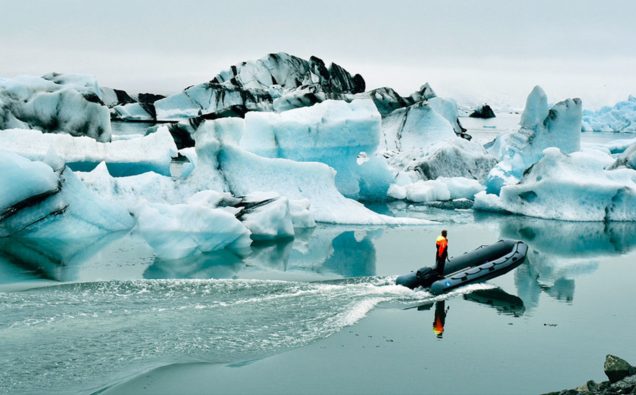
Even if the international community meets the 2015 Paris Agreement goals to cut greenhouse gas emissions, the temperature of the planet will shoot up by 3.2 degrees Celsius over pre-industrial levels, a recent UN Environment Program Emissions Gap Report warned.
Experts and world leaders also talked of dire implications of climate change in Madrid, Spain during the United Nations Climate Conference, known as COP25.
But when it came to pledging action, the countries showed divisions despite the reality that more ambitious emissions cuts are needed globally if the global warming is not to go beyond 2C.
According to reports, some of the biggest polluting countries blocked an agreement to enhance climate targets, deferring until next year a set of rules on international carbon trading.
The United States, which is planning to abandon the Paris climate agreement next year, resisted an agreement on how to compensate poor countries for the economic losses they suffer from climate catastrophes, though there was a general endorsement of finding a way to help them. At issue was whether historic polluters like the United States could be held liable in the future.
United Nations Secretary General Antonio Guterres offered an unusually blunt assessment of the Madrid negotiations, formally known as the Conference of Parties. “I am disappointed with the results of #COP25,” he said on Twitter.
“The international community lost an important opportunity to show increased ambition on mitigation, adaptation & finance to tackle the climate crisis.”
“I am more determined than ever to work for 2020 to be the year in which all countries commit to do what science tells us is necessary to reach carbon neutrality in 2050 and a no more than 1.5 degree temperature rise,” the UN chief said.
We're on perilous ground
We are on track for a temperature rise of over 3°C. This would bring mass extinctions & large parts of the planet would be uninhabitable.
We need to supercharge our #ClimateAction ambition NOW to close the #EmissionsGap: https://t.co/AQiWUdGdqQ pic.twitter.com/1yJrJWFqoe
— UN Environment Programme (@UNEP) November 26, 2019
A UN report says splits emerged over how to create a global carbon trading market, an issue that scuppered the last climate talks in Poland, and which has again been delayed until the next meeting in Glasgow.
The Madrid summit–moved at the last minute from Chile due to unrest–at times teetered on the brink of collapse as the rich polluters, emerging powerhouses and climate-vulnerable nations struggled to find common ground.
Besides the US, Brazil, China, Australia and Saudi Arabia had led resistance to bolder action, delegates said.
The question is if these countries would be ready to commit to higher climate action standards at next year’s climate conference, to be held in Glasgow, Scotland.
















